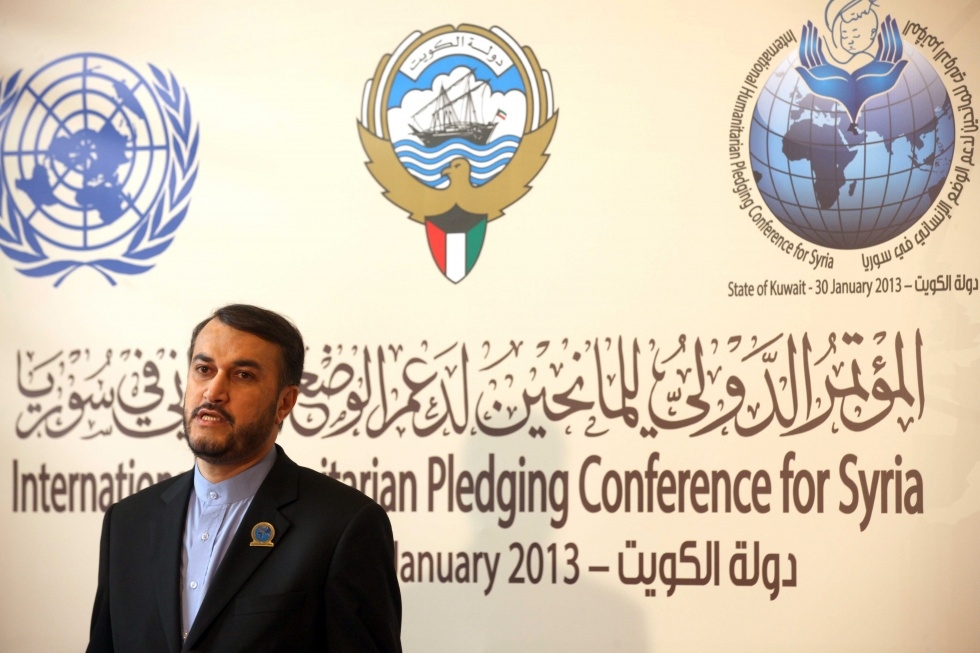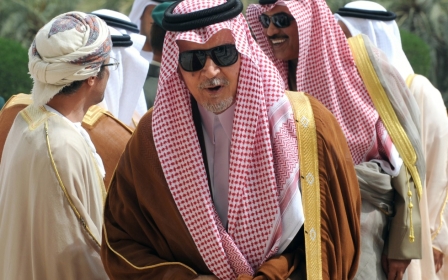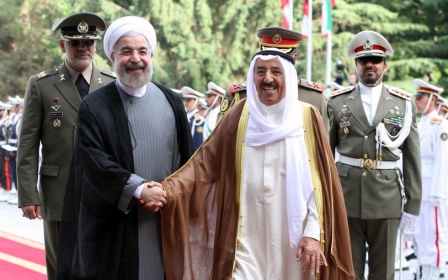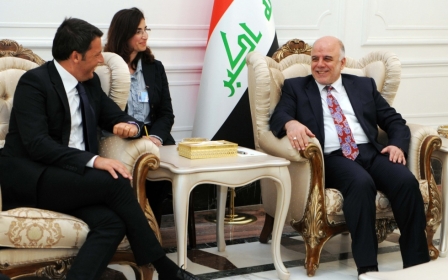Top Iran official visits regional rival Saudi

A senior Iranian official is in Saudi Arabia to try to repair strained relations between the regional rivals in the Gulf, Iranian media reported on Tuesday.
Deputy Foreign Minister Hossein Amir-Abdollahian flew to the desert kingdom on Monday to meet Foreign Minister Prince Saud al-Faisal and discuss "matters of common interest", the reports said.
No further information was immediately available about the trip, the first by a high-level official from Shiite Iran to Sunni-ruled Saudi Arabia since Hassan Rouhani became the Islamic republic's president in August last year.
"It is a step towards improving relations between Tehran and Riyadh," Iran's financial daily Donya-e Eghtessad wrote.
Following the recent US airstrikes in Iraq to battle Islamic State militants and the potential, US officials have said, for the country to need to enter Syria, it is possible that one item up for discussion in Tuesday's meeting could be Syria's raging civil war.
The two countries are on opposite sides in the Syrian conflict, with Tehran backing President Bashar al-Assad and Riyadh supporting the rebels trying to topple him.
In June, Rouhani warned that Muslim states which funnel petrodollars to Sunni fighters wreaking havoc in Iraq will become their next target.
"I advise Muslim countries that support the terrorists with their petrodollars to stop," Rouhani said, referring to Saudi Arabia and Qatar which Tehran accuses of financing the militants.
"Tomorrow you will be targeted... by these savage terrorists. Wash your hands of killing and the killing of Muslims," he added.
Some analyst have suggested that a Saudi Arabian-Iranian power sharing agreement could be one way to stop the expansion of IS, headquartered in Syria's northern town of Raqqa.
"It’s a long shot, and clearly actors on the ground aren’t moving there yet," Julien Barnes-Dacey, senior policy fellow in the European Council on Foreign Relations' Middle East and North African Programme, told Middle East Eye. "But the provision of arms and direct military attacks are fraught with uncertainty and the prospects of success are so slim that an opportunity to explore regional convergence - as is already happening in surprising ways in Lebanon and Iraq - may represent the best way forward."
Amir Abdollahian had visited Riyadh in June, but that was for a meeting of the Saudi-based Organisation for Islamic Cooperation (OIC).
The authorities in Saudi Arabia had invited Iranian Foreign Minister Mohammad Javad Zarif, but he declined, citing the ongoing nuclear negotiations between Iran and the P5+1 powers.
Donya-e Eghtessad also quoted Amir-Abdollahian as saying a Zarif trip to Riyadh should "be prepared and protocol must be respected".
Rouhani has stated his wish to improve relations with Iran's neighbours, especially Saudi Arabia, the Gulf's other regional heavyweight.
Tehran also supports protests by Bahrain's Shiite majority while Riyadh backs its Sunni rulers.
Saudi Arabia is also concerned about Iran's nuclear programme and fears a rapprochement between Tehran and the United States in the context of an agreement on the nuclear issue.
New MEE newsletter: Jerusalem Dispatch
Sign up to get the latest insights and analysis on Israel-Palestine, alongside Turkey Unpacked and other MEE newsletters
Middle East Eye delivers independent and unrivalled coverage and analysis of the Middle East, North Africa and beyond. To learn more about republishing this content and the associated fees, please fill out this form. More about MEE can be found here.




